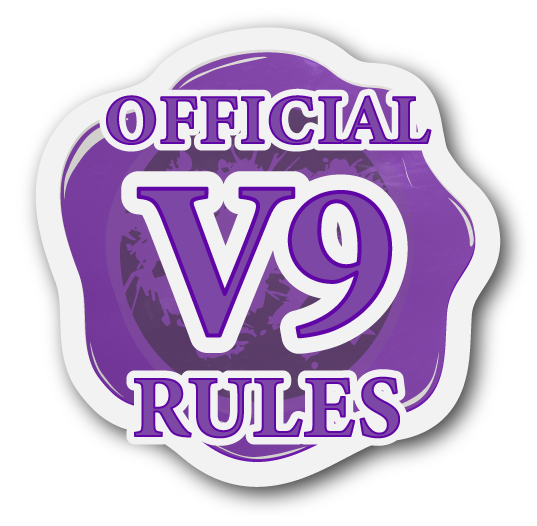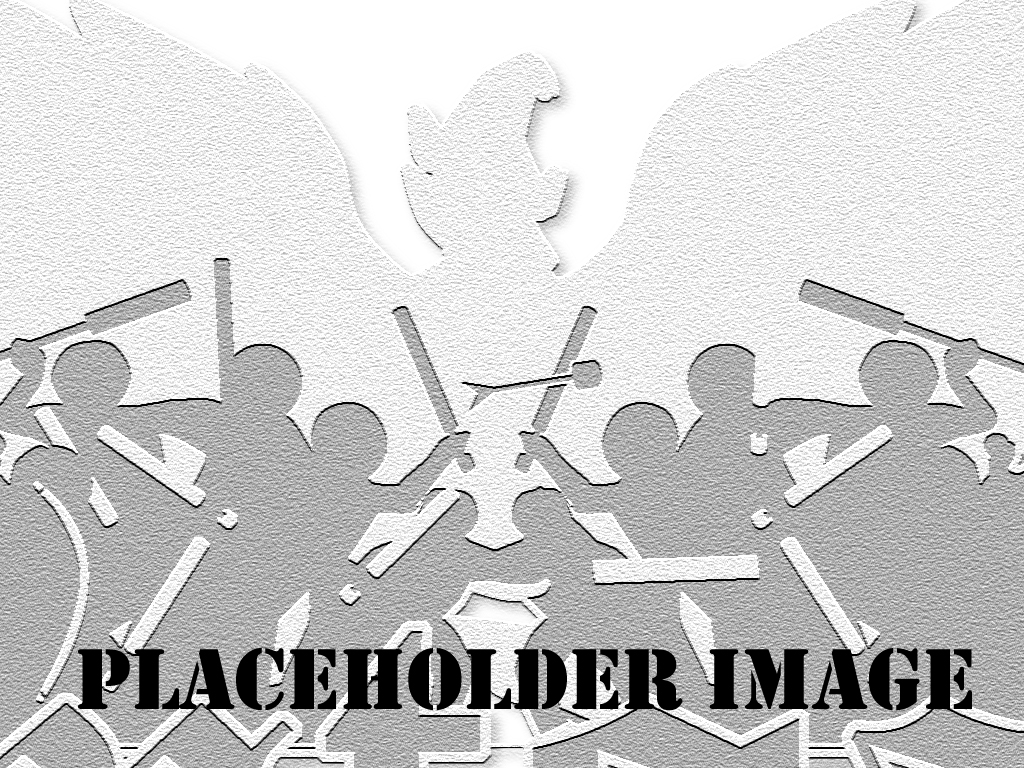Difference between revisions of "V9: Armor Rating Modifiers"
(Initial creation) |
m (→Layering) |
||
| Line 22: | Line 22: | ||
Each piece should be able to act as armor on its own if they were not layered. Any part of layered armor that extends beyond the layering is averaged at its normal rating. There is no additional bonus for layering more than two pieces. | Each piece should be able to act as armor on its own if they were not layered. Any part of layered armor that extends beyond the layering is averaged at its normal rating. There is no additional bonus for layering more than two pieces. | ||
| − | All Layered Armor pieces must be at least partially visible in a way that does not misrepresent the wearer’s potential armor point value and/or coverage when observed by another player, especially in the cases where a lower rated armor is on top of a higher-rated piece. (see [[V9: | + | All Layered Armor pieces must be at least partially visible in a way that does not misrepresent the wearer’s potential armor point value and/or coverage when observed by another player, especially in the cases where a lower rated armor is on top of a higher-rated piece. (see [[V9: Honor System|HSR #2]]) |
| − | [[ | + | [[File:23014---PlaceHolderImage4x3.jpg | thumb | centre | Layering]] |
| + | |||
=====Supplemental Armor Bonus: Head, Hands, & Feet===== | =====Supplemental Armor Bonus: Head, Hands, & Feet===== | ||
A player may receive +1 to the Worn Armor Point value of their torso, arms, or legs location if they also armor their head, hands, or feet respectively. This bonus ignores tier maximums. Armored hands and feet contribute to armor averaging as normal, in addition to this bonus. | A player may receive +1 to the Worn Armor Point value of their torso, arms, or legs location if they also armor their head, hands, or feet respectively. This bonus ignores tier maximums. Armored hands and feet contribute to armor averaging as normal, in addition to this bonus. | ||
Revision as of 20:47, 19 January 2023
- The Amtwiki is the official home and primary source for Amtgard V9 Rules as of February 25, 2023.
- These rules are currently in Open Alpha Playtest. See the Playtest Disclaimer for more details.
- To learn more about Amtgard V9 Development, please visit Amtgard.com.
- To view the current Amtgard V8 ruleset, please see the Amtgard V8 Rulebook.
Contents
Armor Rating Modifiers
Each piece of Worn Armor can be granted additional bonuses or penalties, up to the maximum rating for its tier.
A piece of armor cannot receive both the Superior and Inferior variants of the same modifier. Think of the Superior and Inferior modifiers as a set of scales. Does the overall piece lean more towards one side or do its qualities balance in the middle and receive no modifier at all? Even if a piece has multiple qualities that skews it heavily to one side, it can only ever receive a single +1 or -1 for that modifier type.
Superior Appearance
One point may be awarded for exceptional appearance unrelated to the construction techniques used. Examples include extensive and well-done tooling of leather, etching of metal, gilding, blueing, etc.
Inferior Appearance
One point may be deducted for inferior appearance, unrelated to the construction techniques used. Examples include visibly inauthentic materials, or tarnished/poorly-maintained armor. This does not apply if the armor is intentionally made to look shoddy for an in-game purpose, such as monster/barbarian armor.
Superior Construction
One point may be awarded to an armor piece for exceptional construction technique or a meaningful increase in durability over the base requirements, unrelated to its appearance. Examples can be found alongside the construction standards (See V9: Armor Construction Standards). These examples do not represent an exhaustive list and consideration should be given to any piece that obviously goes above and beyond the base requirements.
Inferior Construction
One point may be deducted for inferior construction or a meaningful decrease in expected durability, unrelated to its appearance. Armor pieces must still meet the minimum requirements and standards in order to be used as armor. Examples include obviously unfinished armor, or noticeably poor execution of construction techniques.
Layering
If multiple pieces of Worn Armor are layered on top of each other, whether permanent or temporary, the rating of the layered area is the rating of the highest-tier piece plus 1, up to that tier’s max.
Each piece should be able to act as armor on its own if they were not layered. Any part of layered armor that extends beyond the layering is averaged at its normal rating. There is no additional bonus for layering more than two pieces.
All Layered Armor pieces must be at least partially visible in a way that does not misrepresent the wearer’s potential armor point value and/or coverage when observed by another player, especially in the cases where a lower rated armor is on top of a higher-rated piece. (see HSR #2)
Supplemental Armor Bonus: Head, Hands, & Feet
A player may receive +1 to the Worn Armor Point value of their torso, arms, or legs location if they also armor their head, hands, or feet respectively. This bonus ignores tier maximums. Armored hands and feet contribute to armor averaging as normal, in addition to this bonus.
- If hand or foot armor is the only piece worn on that location, it should be compared to the normal armor tiers and assigned a value as best as possible.
Supplemental armor pieces must cover at least 50% of the area of the head, hand, or foot, and meet all the requirements for Worn Armor, as well as the construction standards for at least a Tier 3 piece of armor (See Armor Construction Standards).
- Special: Hand Armor Materials
- Amtgard combat can often result in hands accidentally contacting other players or their equipment. To ensure safety in these cases, hand armor cannot include rigid, abrasive, or metal materials on the back of the hand beyond the knuckles. To offset this limitation, Hand Armor can also use Light Leather as a valid material so long as the final piece still looks like armor.
Armor General Rules · Natural Armor · Physical Armor
Equipment Equipment Basics · Equipment Use Terms · Weapons · Shields · Armor · Color Code · Visual Indicators

